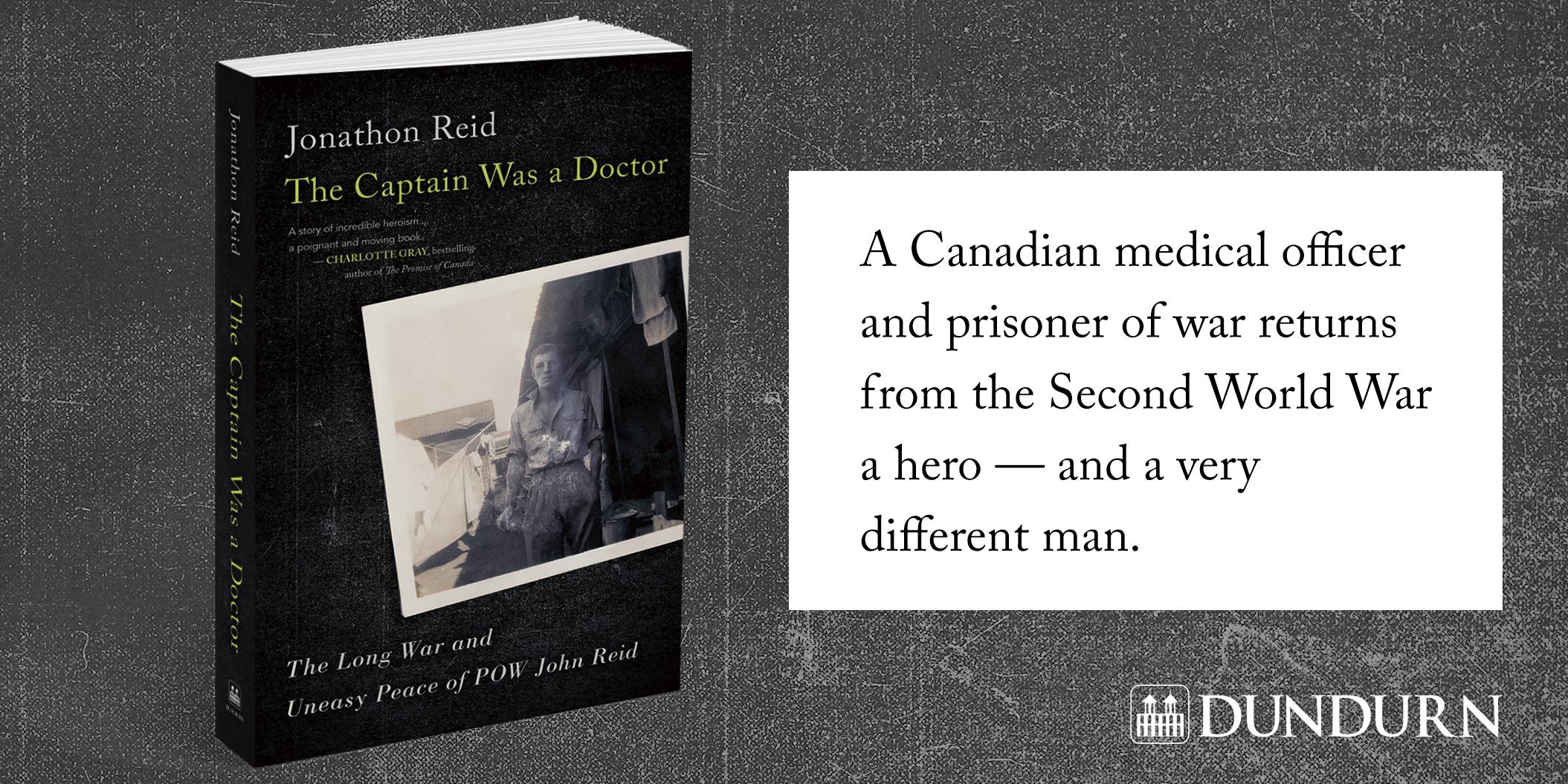
In 1941 Canada responded to a request from Britain to send troops to the then-British colony of Hong Kong to reinforce the garrison there in anticipation of an attack by the Imperial Japanese Army. Canada’s “C” Force—nearly 2,000 soldiers—arrived in November, and just weeks later the enemy assaulted Hong Kong on December 8, 1941. After 17 days of brutal fighting in treacherous terrain against an overwhelming onslaught of attackers, the Canadians and their fellow defenders were ordered to surrender. Some survivors said that what followed was a fate worse than death: nearly 4 years of captivity under inhumane conditions.
Dr John Reid was one of four Canadian doctors who were part of “C” Force, and who cared for Canadian POWs in Hong Kong and Japan until the Japanese surrender in August 1945. Dr Reid kept a secret medical diary detailing the effects of deliberate Japanese mistreatment: starvation, the withholding of medical supplies, forced labour, beatings, and several executions. He not only treated his men’s ailments, but successfully negotiated with the Japanese camp commanders to shield his men from the worst of the atrocities committed by the enemy.
This talk will provide the background to Canada’s involvement at Hong Kong, and the compelling story of Dr John Reid’s POW experiences and how it affected his post-war life.
To RSVP, log on to www.rcmi.org and reserve online or contact Susan Cook at susan.cook@rcmi.org or phone at 416-597-0286 ext 111.
A Canadian medical officer and prisoner of war returns from the Second World War a hero — and a very different man.
In August 1941, John Reid, a young Canadian doctor, volunteered to join the Royal Canadian Army Medical Corps with four friends from medical school. After five weeks of officer training in Ottawa, Reid took an optional two-week course in tropical medicine, a choice which sealed his fate. Assigned to “C” Force, the two Canadian battalions sent to reinforce “semi-tropical” Hong Kong, he was among those captured when the calamitous Battle of Hong Kong ended on Christmas Day.
After a year in Hong Kong prison camps, Reid was chosen as the only officer to accompany 663 Canadian POWs sent to Japan to work as slave labourers. His efforts over the next two and a half years to lead, treat, and protect his men were heroic. He survived the war, but finding a peace of his own took ten tumultuous years, with casualties of a different sort. He would never be the same.